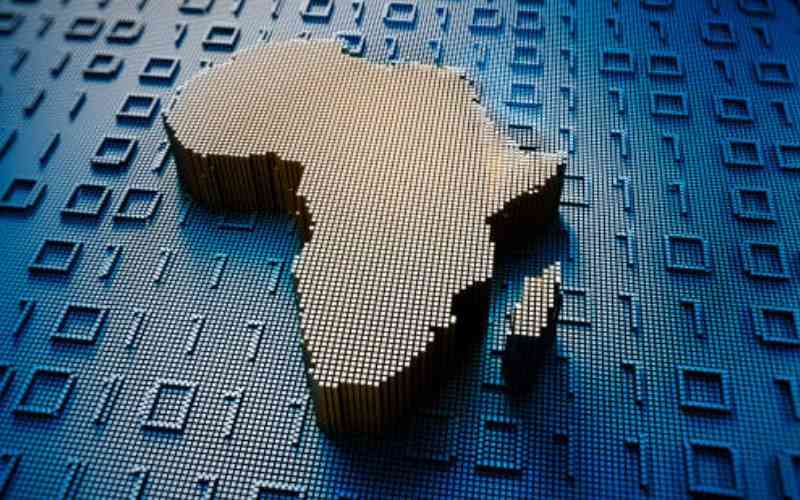
A strong state has several instruments of power that help it to project and defend its place in the community of competing nations.
Ordinarily, those instruments include a viable military to ward off external aggression and credible police to maintain domestic peace and suppress uprisings. They also include a respectable well-educated population, technological advancement, vibrant economy, and a form of governance that is acceptable to people.
Most important, although often downplayed, are the quality and capacity of its think tanks. Those without think tanks are powerless and depend on the goodwill of others to try and safeguard perceived interests. Although Kenya is trying to escape from its current position, it largely falls in the category of countries that are weak because they are think-tank dependent.
Strong countries like the US, Russia, India, China, Britain, and France have a lot of think tanks and spend big money on different aspects of think-tanking. With the highest number of think tanks, the US has brilliant minds, often termed ‘the establishment’, working in think tanks, major research universities, and connected to giant media whose mission is to manufacture opinions for global acceptability.
They include the New York-based Council on Foreign Affairs which publishes Foreign Affairs, Carnegie Endowment for Peace, and Brookings Institute. They display brilliance in conferences, symposia, or policy briefings and occasionally assist the United States repeatedly to get things embarrassingly wrong as it did in Vietnam and Afghanistan. Despite certain fiascos, American think tanks continue to influence global events.
Other powers also display power through think tanks. The UK has Chatham House and its leading universities, like Oxford, are citadels of British imperialism. From 1900, with the creation of the Royal African Society which had an anthropological mission to rule the Africans, Oxford continues to publish ‘African Affairs’ to advance British imperial interests. Russian think tanks go out of their way to reach audiences beyond Russia. These include the Council on Foreign and Defence Policy, Russian International Affairs Council or RIAC, and Foreign Policy Research Foundation which publishes ‘Russia in Global Affairs’ journal.
Founded in November 2002, the journal strongly advances the Russian position on any world issue. Similarly, China, ranking third after the US and India, in the number of think tanks, pushes hard for acceptance of its global stand. It has think tanks with ‘Chinese characteristics’ to champion ‘xivilisation’ as global model. In Tokyo, the Association of Japanese Institutes of Strategic Studies publishes the AJISS-Commentary, ‘forum for ideas on International Affairs and Japanese Foreign Policy.’
Big countries fund think tanks as geopolitical weapons to attack the minds of proposed victims. They try trouble forecasting at the global level. They emphasise ‘world affairs’ and stress human political behaviour in one place as it affects other humans in the world. This calls for ability to exercise critical thinking, bearing in mind national interests on what happens ‘out there’ as it affects or is likely to affect ‘in here’.
In such an environment, an ‘us’ against ‘them’ control mentality develops that at times clouds thinking. Their thinking ends up becoming short-term exhilaration rather than long-term accomplishment. This clouding explains the blunders countries with influential think tanks make and then land into quagmires.
African states have the misfortune of depending on others to do think tanking. They rank low in terms of think tank numbers and ability to influence global trends. Its super-rich have little time for think tanking. The few that exist perpetually struggle to survive and largely depend on extra-continental goodwill. This unwillingness to appreciate think tanks makes them weak, intellectually defenceless, incapable of projecting power globally, and open for others to project themselves into Africa.
Stay informed. Subscribe to our newsletter